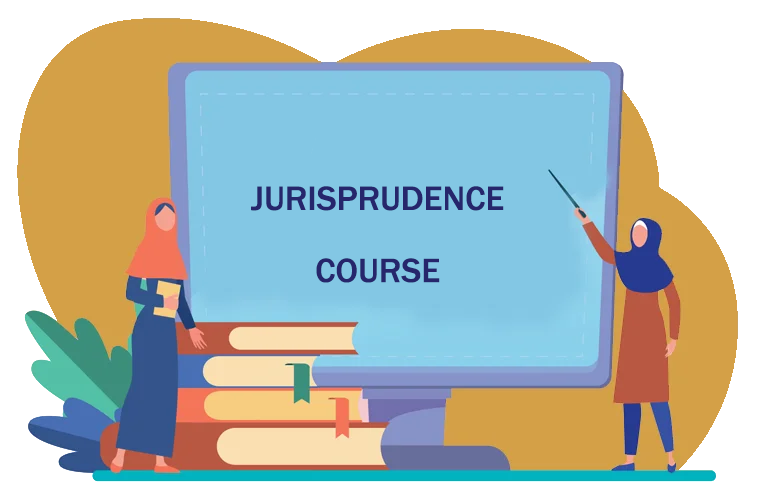Jurisprudence course
Jurisprudence course
Learning Islamic jurisprudence is important for the correct understanding of the teachings of the Islamic religion and their application in daily life. Educational courses in Islamic jurisprudence vary according to the student’s level and needs. They may include lessons in comparative jurisprudence, family and inheritance jurisprudence, financial and commercial jurisprudence, and others.
Most courses consist of theoretical introductions to Islamic jurisprudence, its history, and its methodology. It is followed by a detailed study of various topics in jurisprudence, such as acts of worship (prayer, fasting, zakat, Hajj), financial transactions (trade, loans, wills), family laws, marriage and divorce.
Learning Islamic jurisprudence is important for the correct understanding of the teachings of the Islamic religion and their application in daily life. Educational courses in Islamic jurisprudence vary according to the student’s level and needs. They may include lessons in comparative jurisprudence, family and inheritance jurisprudence, financial and commercial jurisprudence, and others.
Most courses consist of theoretical introductions to Islamic jurisprudence, its history, and its methodology. It is followed by a detailed study of various topics in jurisprudence, such as acts of worship (prayer, fasting, zakat, Hajj), financial transactions (trade, loans, wills), family laws, marriage and divorce.
Courses in teaching Islamic jurisprudence use various sources, including the Holy Qur’an, the Sunnah of the Prophet, and then fatwas and Sharia laws adopted in Islamic countries. The course also includes a study of the different opinions between different schools of jurisprudence, which helps students understand the cultural and intellectual diversity within Islam.
At the end of the courses, the courses usually include discussion and interaction sessions, where students are able to ask questions and discuss the challenges they may face in applying jurisprudence in their daily lives.
It is also important to note that Islamic jurisprudence is not just theoretical learning, but rather aims to apply those principles and provisions in practical life, which requires a deep understanding and reflection on the values and ethics of the Islamic religion and how to apply them in the modern era.
- Adjectives
- Plural
- Prepositions
- Feminine
- Numbers
- Negation
- Pronouns
- Questions
- Determiners
- Nouns
- Verbs
- Present Tense
- Past Tense
- Future Tense
- Imperative
- Comparative
- Adverbs


